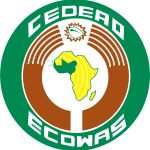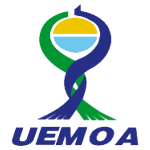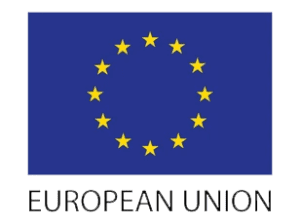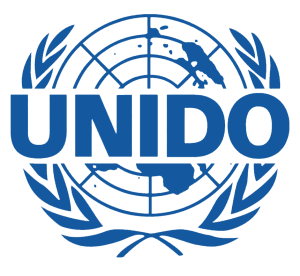Senegal officially called the Republic of Senegal is a West African country with about 16 million people. Dakar, the country’s capital, is also the most important city in the country. The official language is French. The country’s main economic activities are the extraction of natural minerals and agriculture.
Value Chains
Mango
Mango is Senegal’s leading horticultural export product. Recent trends in the sector suggest strong potential for export expansion, job creation and income generation. Senegalese mango exports to the EU have more than doubled in the last five years. The project will organise producers into cooperative societies, thus ensuring equal opportunities between producers (men and women), to increase their production, processing and export capacities.
Onion
In Senegal, the onion is a value chain with a vast potential for processing and adding value. Onions are the country’s main horticultural product, both in terms of volume and number of actors involved. Some 15 000 smallholders are engaged in this crop in the most vulnerable regions of Senegal. Onion cultivation is more profitable for smallholders than most other products of irrigated agriculture in the production areas.
A large demand for dried onions remains unsatisfied despite the growing local production. This is due to the still far too high post-harvest losses. Programme interventions will enable the structuring of producers into cooperative societies active in production, processing and marketing to ensure the country’s self-sufficiency in quality onions and, ultimately, export to markets in the subregion.
Information and Communications Technology
Digital technology is becoming an essential force for driving structural change, reducing inequalities and strengthening social inclusion in Senegal. Lack of competition in the provision of Internet services is limiting the sector. Once this constraint is lifted, the growth of the digital economy will be able to unfold, thus optimising the effectiveness of interventions in the ICT sector. Senegalese ICT companies are generally small and medium-sized enterprises (SMEs) that are struggling to develop and export their services because they lack the necessary contact networks. The country must necessarily strengthen its policy of promoting ICTs inclusively to encourage its use in different sectors of the economy as well as in the home.
Planned Activities
In Senegal, priority was given to two value chains with significant processing potential, mango and onion, as well as the information and communication technology sub-sector.
Onions are more profitable for small-scale producers than most other products of irrigated agriculture in the production areas. There is a large unmet demand for dried onion powder from the growing local production, which is still plagued by an unacceptable level of post-harvest losses. Project support will enable the structuring of onion producers into cooperative societies active in the production, processing and marketing of onions to ensure Senegal’s self-sufficiency in quality onions and, ultimately, export to markets in the sub-region.
Recent trends in the mango sector suggest strong potential for expansion of exports, employment and incomes in the mango value chain. In particular, Senegalese mango exports to the EU have more than doubled in the last five years. The expansion of this trend could lead to the creation of a large number of jobs and incomes. The project will organise producers in the mango sector into cooperative societies, ensuring equal access for female and male producers, to increase their capacity to produce, process and export mangoes to foreign markets.
The digital economy in Senegal is becoming a crucial force for driving structural change, reducing inequality and enhancing social inclusion. The sector remains constrained by the lack of competition, particularly in the provision of internet services (ISPs). If this bottleneck were unblocked, the growth of the digital economy would be stimulated, making ICT interventions even more effective. In Senegal, local ICT firms are often very small and have difficulty developing and exporting their services because they lack export contacts. There is a need for the country to strengthen its ICT promotion policy from a gender perspective and thus encourage the use of ICTs in different sectors of the economy and households.





